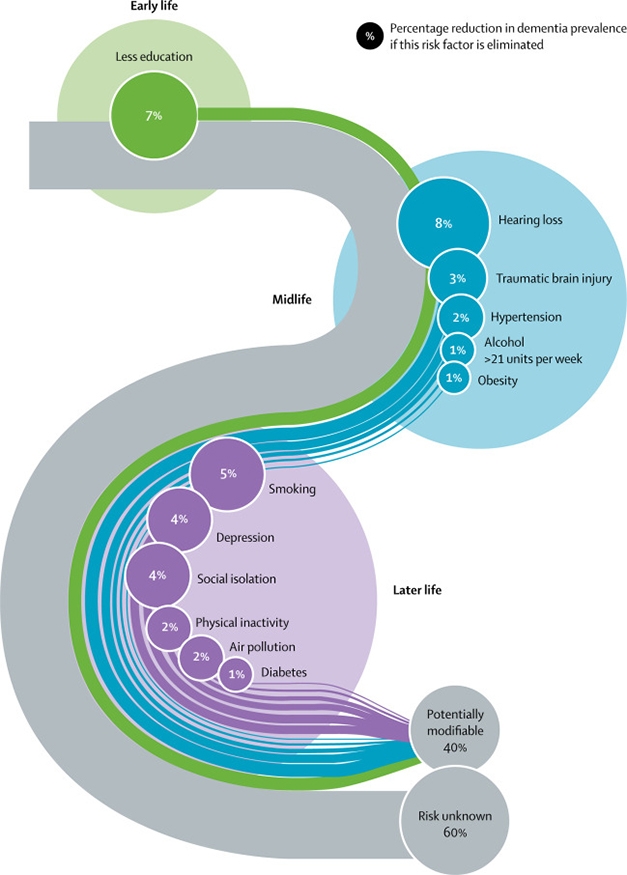I continue to experiment with intermittent fasting, having been pretty strictly on a 20 hour/day fast since February. There are so many cross-currents in what I've been doing, that I have no way of seriously assessing what it has done for my cognition. Nevertheless, I'm pretty certain that fasting has helped with my arthritis, and I really do sense that, overall, my body is in now in significantly less discomfort from the ravages of aging. I'm now 71. This improvement is likely due to an anti-inflammatory response in my body produced by fasting. At least, that's what I conclude from what I've read.
I recently came across an article in the online magazine Inverse about a Japanese study of intermittent fasting. The article is a bit dated and actually predates the article in the New England Journal of Medicine that we discussed previously. But it gave me some new insight. Unfortunately the research looked at people who were fasting from 34 to 58 hours -- a bit more ambitious than what I have been doing. It also evaluated only four test subjects. (These were the only people they could find who were willing to go so long without eating. No surprise there.)
According to the researchers, the most serious effects of fasting kick in at about 34 hours and continue to 58 hours and beyond.
A major feature on Alzheimer's disease is inflammation. Therefore, we avoid foods that cause inflammation, and we consume anti-inflammatory foods to reduce inflammation. But fasting seems to encourage inflammation -- so why would this be helpful? Apparently, the body responds to a fast by producing a larger anti-inflammatory response. This comes through "metabolites."
When your body metabolizes a nutrient, say a lipid (a fat), it breaks it down into component substances. These are called metabolites. They have their own metabolic properties, and some are anti-inflammatory. So, apparently, on balance, there is more to counter inflammation than cause it during fasting. At least if you fast long enough.
Prior to the study, it was understood that there were 14 beneficial metabolites produced during fasting. But the study identified 30 more that had not been previously understood. Perhaps this is because this study looked at people who were fasting for longer periods of time than earlier studies. The study found that the blood concentrations of some of these metabolites rose to as much as 60 times normal after 58 hours of fasting.
One research conclusion was, "these findings provide the first support for the notion that increased antioxidative defense is a significant physiological response during fasting." The researchers also concluded "Collectively, fasting appears to provoke a much more metabolically active state than previously realized."
This article has me thinking, especially since this year's cognitive tests were less than what I'd hoped for. I've been pretty disciplined with the 20 hour fast, but a 34 hour fast, and especially a 58 hour fast looks like a bridge too far. While my weight has stabilized after an initial loss, I worry about losing too much weight during a fast. And then, how long am I willing to forego the pleasure of eating -- that very great pleasure? But I'm thinking about this...

